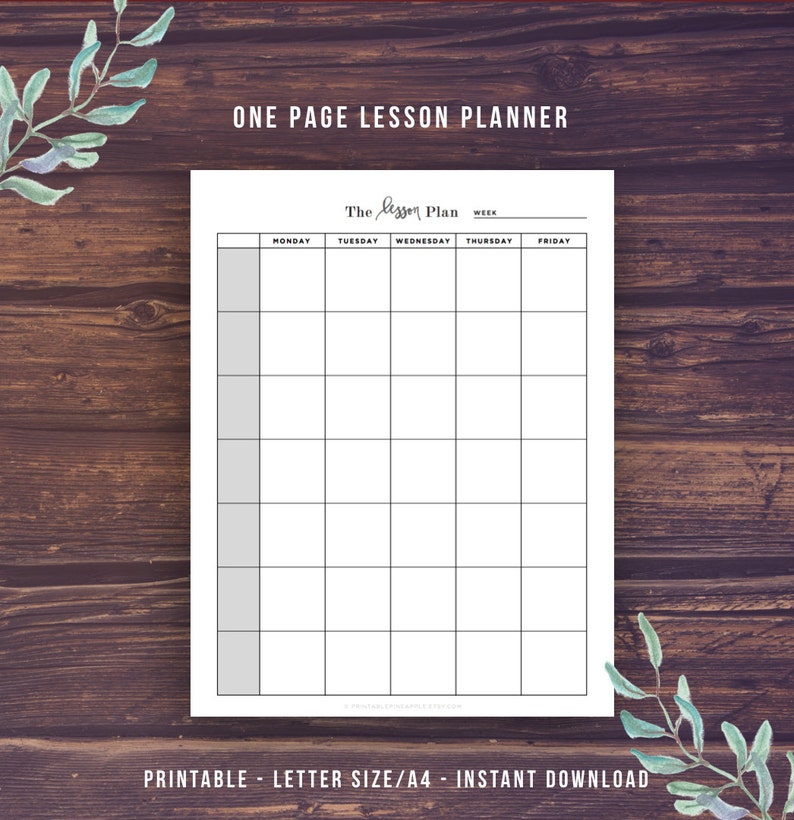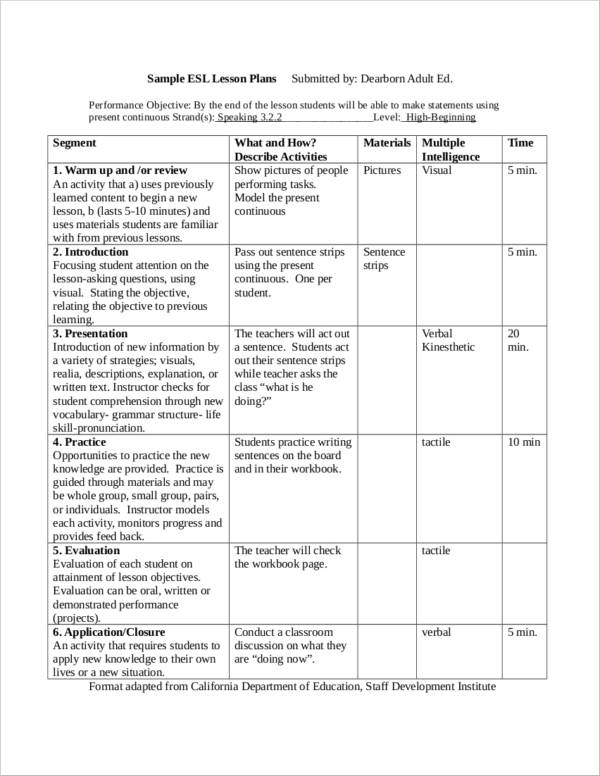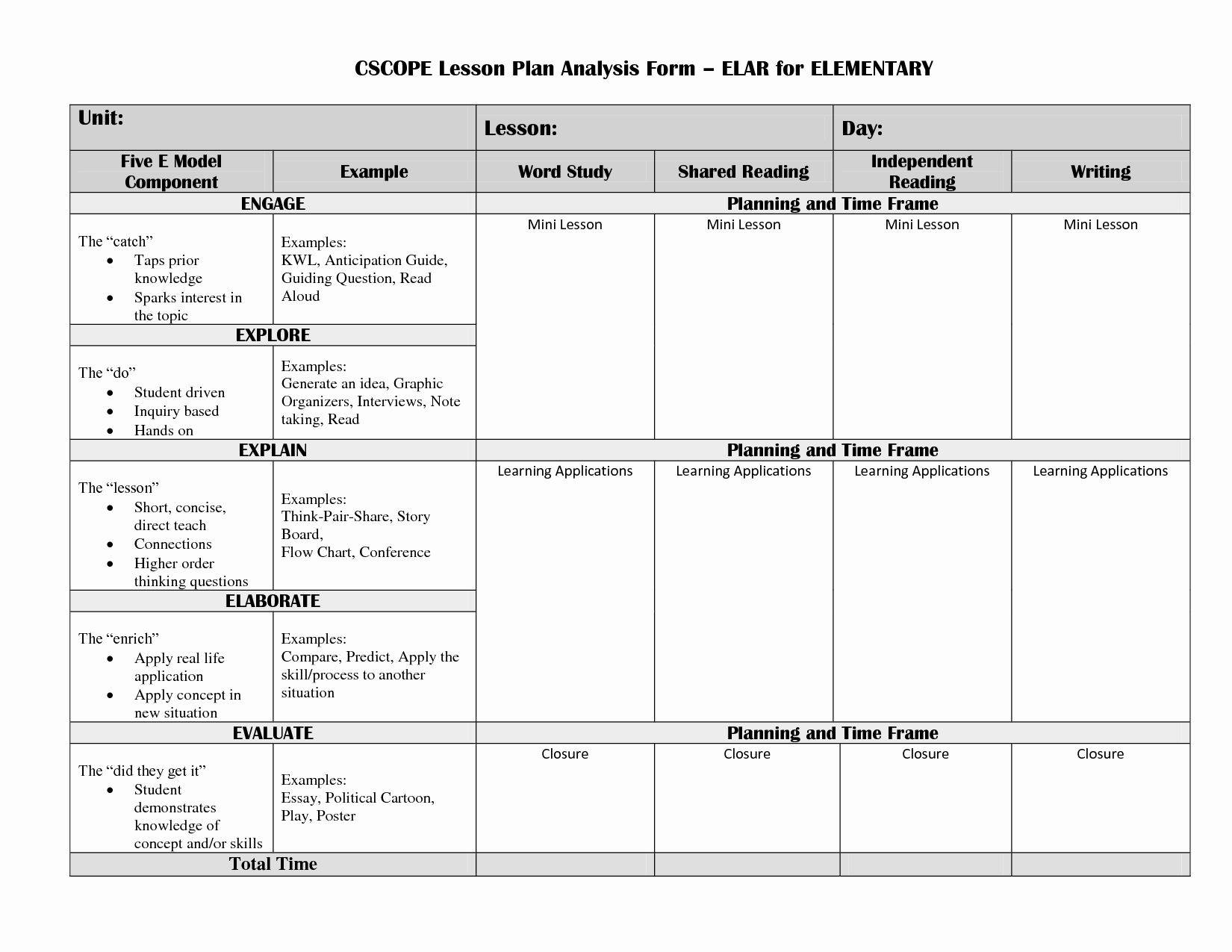

For example, we will show these videos, do these activities, and get through these chapters by Friday.

How many times have you planned out an entire week, only to realize that by Wednesday you’ve gone a whole different direction, or changed your plans? Instead of planning down to the 10-minute increment, create plans for the week as a whole. #5 Plan weekly overviews, not daily minute by minute lessons. Other resources such as Teachers Pay Teachers and Pinterest have ideas as well. For example, history teachers can check out the Stanford History Education Group, which offers robust and interesting ideas. Use your resources by first searching for lessons that are available online before inventing yours from scratch. Somewhere someone brilliant has already created the lesson you want, or at least parts of it. The secret to this is keeping super organized files and virtual folders so you don’t waste all your newfound time searching for whatever you called that one worksheet from that one unit that one time. You know you taught this last year, and instead of reinventing an entire lesson, spice up yours from last year. A simple template might look like:īy following a format, you won’t lose time wondering what components go into each lesson, and can focus on the important stuff. No, I don’t mean the one your principal requires, but rather one that works for you and how you teach. Keep a log for a few weeks, and then use the steps below.

#1 Get real about how much time you spend lesson planning.ĭo you even know how much of your week is devoted to planning? Do you sit down to lesson plan and realize an hour has gone by with little progress? By evaluating your own efficiency, you have a starting place to see how you can streamline your process. Here are some quick lesson planning hacks to save hours of time without sacrificing the quality of your lessons. Regardless, the fact remains that teachers have to know what we are doing once 30 eager little faces are looking up at us expectantly. Lesson planning can look vastly different depending on your district, and admins’ expectations, ranging from 2-page lesson plans with specific criteria, to more of a one-sentence overview posted for students and parents. In fact, teachers average almost 20 hours of unpaid overtime each week, and much of it comes from grading, but also from planning engaging lessons. Most teachers work in education for the love of their students…not the love of planning lessons for hours each day.


 0 kommentar(er)
0 kommentar(er)
